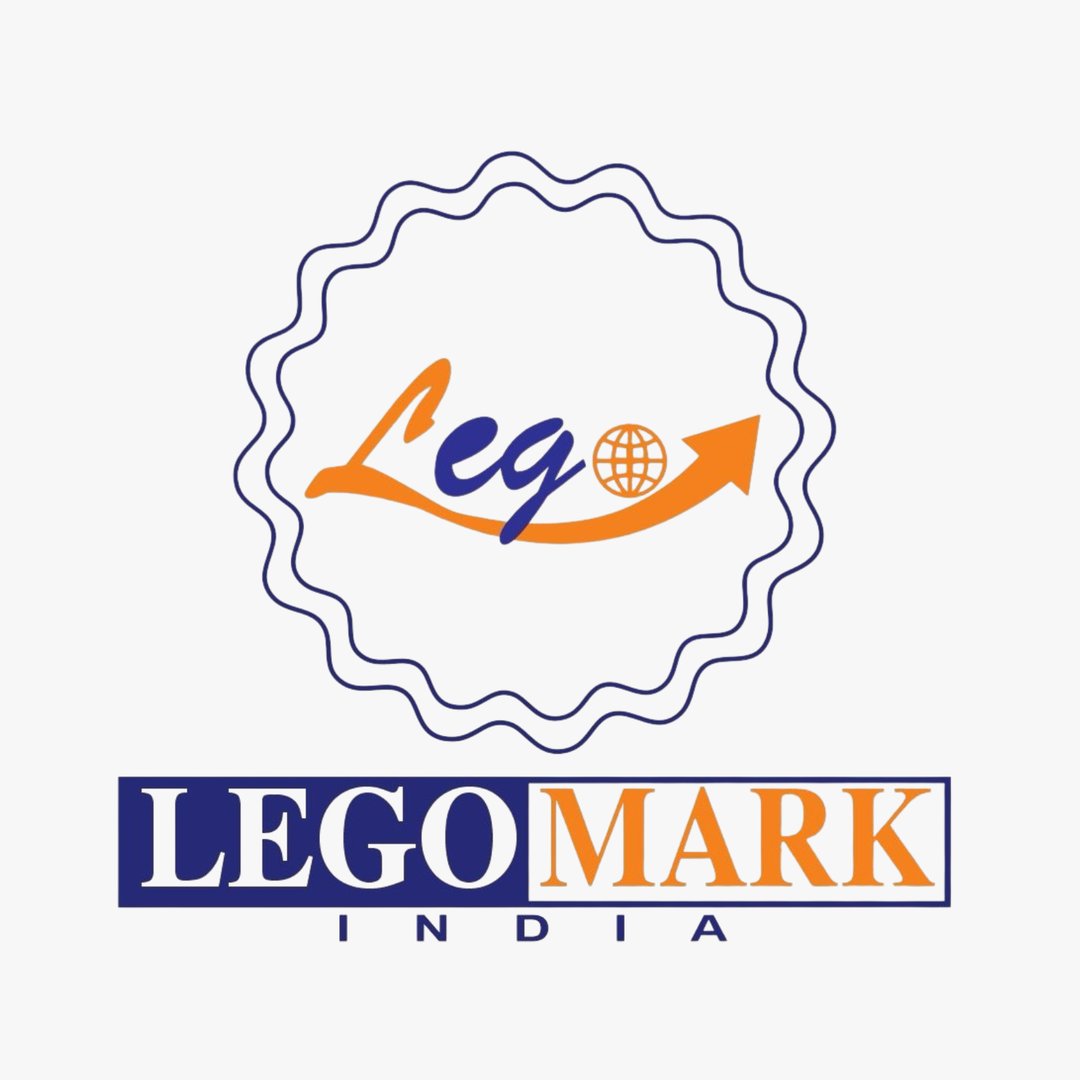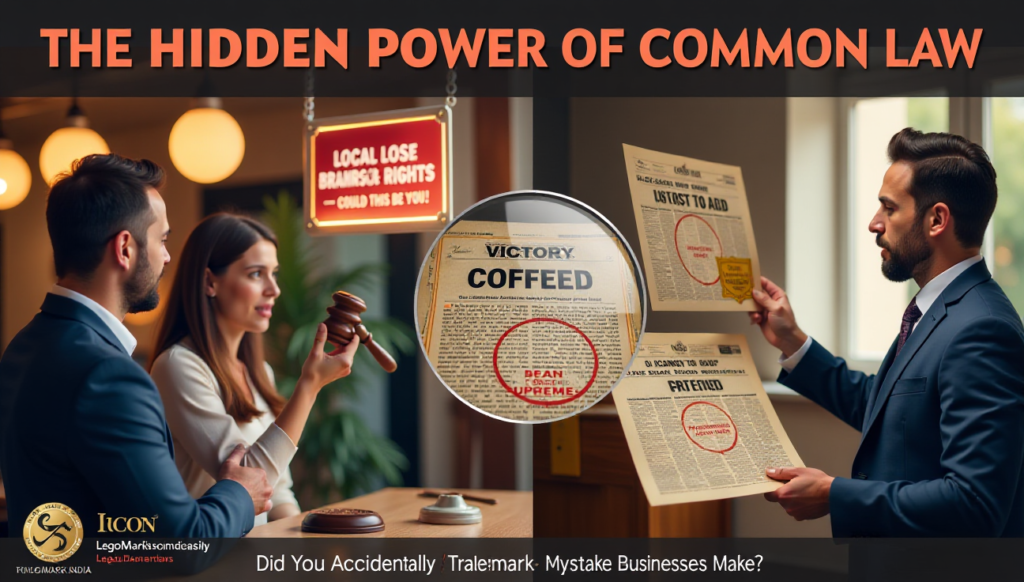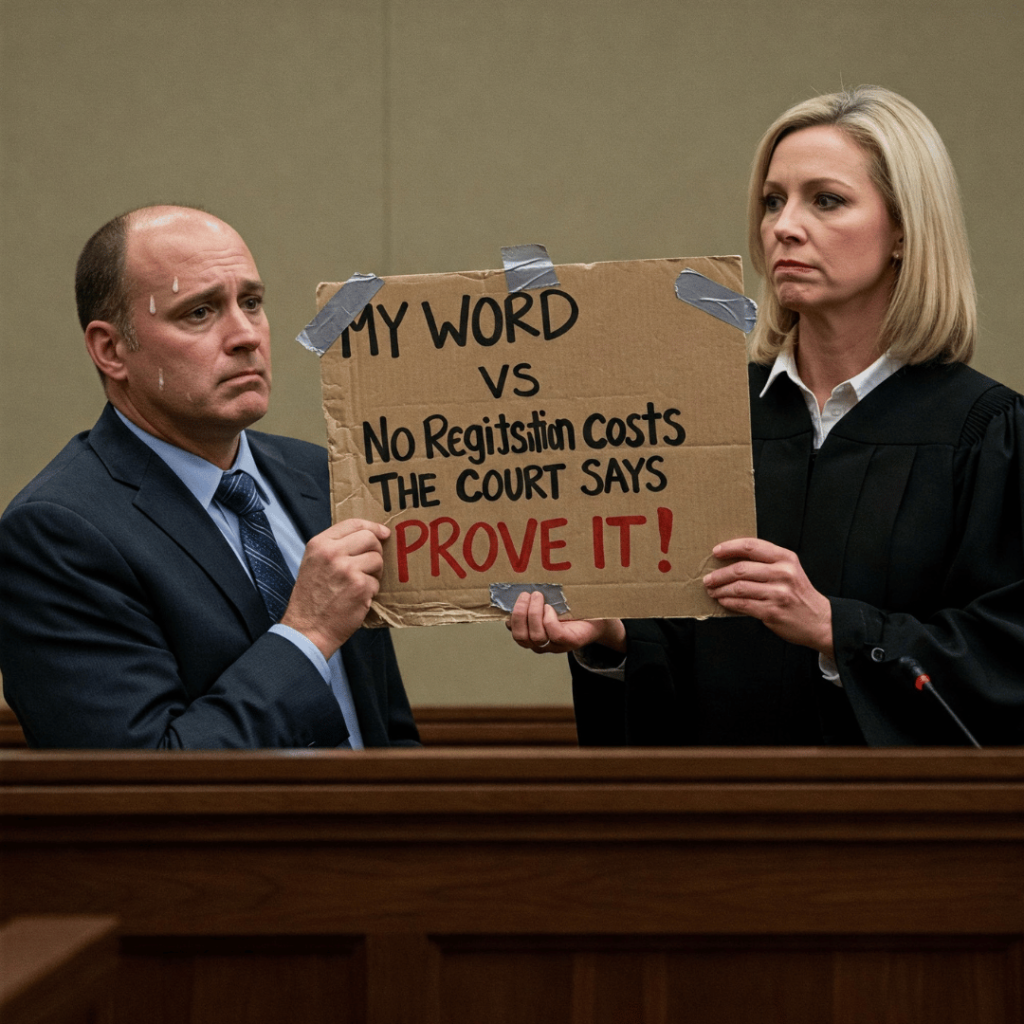When it comes to protecting your brand, registering a trademark is often the best course of action. However, did you know that you can also establish trademark rights without formal registration? This is known as a common law trademark. At LegoMark India, we’re here to help you understand what common law trademarks are, how they work, and their advantages and limitations. In this blog, we’ll explore everything you need to know about common law trademarks and how they can protect your brand.
What is a Common Law Trademark?
A common law trademark is a trademark that is established through use in commerce, rather than through formal registration with a government trademark office. In other words, if you use a brand name, logo, or slogan in connection with your goods or services, you may have common law trademark rights in the geographic area where you operate.
Key Characteristics of Common Law Trademarks:
- Established Through Use: Rights are acquired by using the mark in commerce.
- Geographic Limitation: Protection is limited to the area where the mark is used.
- No Registration Required: Unlike registered trademarks, common law trademarks do not require formal registration.
How Do Common Law Trademarks Work?
1. Establishing Rights
To establish common law trademark rights, you must:
- Use the mark in connection with your goods or services.
- Use the mark consistently and prominently in your branding.
- Ensure the mark is distinctive and not merely descriptive.
Advantages of Common Law Trademarks
1. No Registration Costs
Unlike registered trademarks, common law trademarks do not require filing fees or registration costs. This can be advantageous for small businesses or startups with limited budgets.
2. Immediate Protection
Common law trademark rights are established as soon as you start using the mark in commerce. There is no waiting period for registration approval.
Limitations of Common Law Trademarks
1. Geographic Limitation
Common law trademark rights are limited to the area where the mark is used. If you expand your business to new regions, you may not have protection in those areas.
3. No Presumption of Ownership
Unlike registered trademarks, common law trademarks do not come with a presumption of ownership. This means you may need to provide extensive evidence to prove your rights in court.
Common Law Trademarks vs. Registered Trademarks
Aspect | Common Law Trademarks | |
Establishment | Through use in commerce. | Through formal registration. |
Geographic Scope | Limited to the area of use. | Nationwide protection. |
Burden of Proof | Must prove first use in court. | Presumption of ownership. |
Legal Remedies | Limited remedies. | Broader remedies, including statutory damages. |
Cost | No registration costs. | Registration fees and maintenance costs. |
When Should You Rely on Common Law Trademarks?
- Local Businesses
If you operate a small, local business and do not plan to expand, common law trademarks may provide sufficient protection. - Temporary Brands
If you are testing a new brand or product and are not ready to commit to formal registration, common law trademarks can offer temporary protection. - Budget Constraints
If you have limited funds and cannot afford the costs of registration, common law trademarks can be a cost-effective alternative.
Real-Life Examples of Common Law Trademarks
How LegoMark India Can Help
At LegoMark India, we specialize in helping businesses navigate the complexities of non-traditional trademarks. Our services include:
Conclusion
Common law trademarks offer a way to establish trademark rights without formal registration, but they come with limitations. While they can be a cost-effective option for local businesses or startups, they do not provide the same level of protection as registered trademarks. At LegoMark India, we’re here to help you navigate the complexities of trademark law and choose the best strategy for your business.
Don’t leave your brand’s protection to chance. Let LegoMark India help you secure and enforce your trademark rights, whether through common law or formal registration. Contact us today to get started!


















